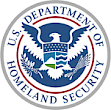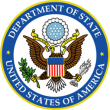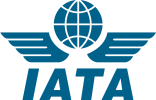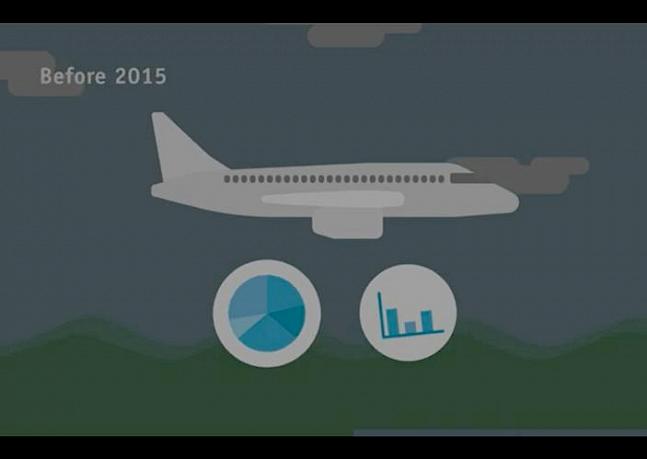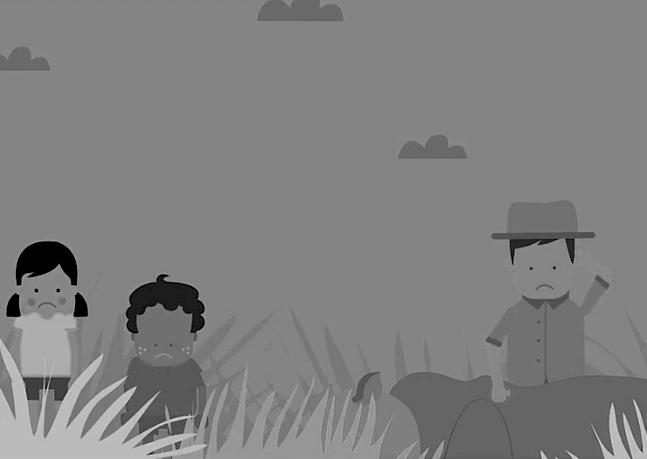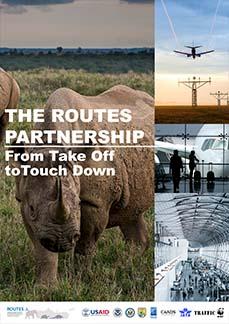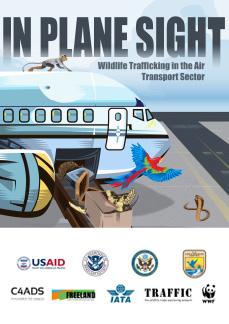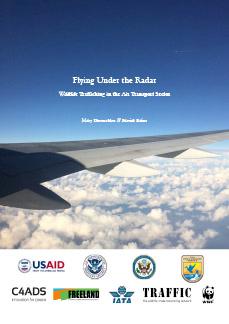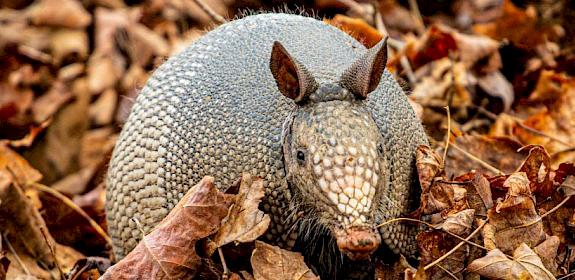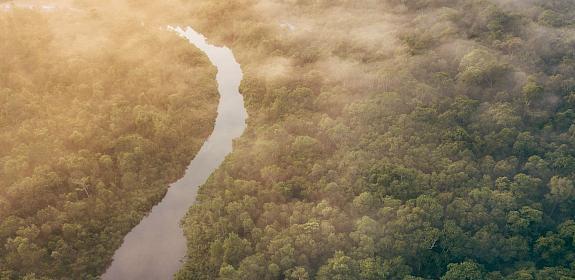
Wildlife traffickers exploit legal air and maritime transport companies to smuggle wildlife across all continents of the world
i

Illegally traded wildlife typically travels great distances from source to market, making it a logistics and transport-intensive activity. Wildlife traffickers exploit the increasing connectivity of global transportation, online markets and gaps in law enforcement to minimise the risk of detection.
The USAID Reducing Opportunities for Unlawful Transport of Endangered Species (ROUTES) Partnership brought together transport and logistics companies, government agencies, development groups, law enforcement, conservation organizations, academia and donors to disrupt wildlife trafficking activities. Having achieved six impressive years of impact from 2015-2021, including a strengthened regulatory environment, integration of training and policies by many aviation stakeholders and establishment of systems to support and recognise action, its legacy continues to shape the concerted international response to addressing wildlife poaching and associated criminal activities worldwide.
45% aviation companies
engaged in ROUTES-supported action
Six years of the Partnership made the aviation industry better placed than ever to help combat wildlife trafficking. Watch a summary of ROUTES' achievements.
The goal of the ROUTES Partnership was 'to disrupt wildlife trafficking by reducing the use of legal transportation supply chains'.
ROUTES was an innovative and transformational Partnership that supported the transport sector by providing targeted data analytics, empowering personnel with the necessary tools and information to be a part of the solution, raising awareness among clients and staff, and ultimately embedding wildlife trafficking solutions within existing company policies. The resources, tools and alliances created through ROUTES still continue to form a key element of the concerted international response to addressing wildlife poaching and associated criminal activities worldwide.

traffickers rely on public and commercial transport chains to smuggle illegal wildlife products. Transport personnel can play a key role in supporting law enforcement by helping to identify and report wildlife trafficking
Philippa Dyson, Monitoring and Evaluation Officer
ROUTES' efforts to combat wildlife trafficking
engaging and supporting industry
The transport sector has an important role to play in combating wildlife trafficking. ROUTES' resources increase industry awareness of illegal wildlife trade and of how to take action, provide on-the-ground tools including an anonymous reporting app, and support companies develop their own policies on wildlife trafficking and work towards best practice.
data and research
Before ROUTES, very little analysis on wildlife trafficking in air transport existed. By working hand-in-hand with industry leaders, ROUTES generated a picture of the scale and specifics of the issue. The ROUTES Dashboard is an interactive, online database of wildlife seizures in air transport, a useful tool to help the aviation industry make strategic decisions in its response. The ROUTES reports provide in-depth analyses of wildlife trafficking in different geographies and highlight the links between wildlife trafficking and important public issues.
training events and resources
There are multiple job types and roles within the transport sector that will benefit greatly from building awareness and understanding of wildlife trafficking. ROUTES' materials continue to inform and train staff that are located in wildlife trafficking hotspots and include resources that industry members can integrate within their training programs.
more information on ROUTES
More information about the ROUTES Partnership and the resources available to the aviation industry to reduce wildlife trafficking can be found on the ROUTES website.
related news and reports to ROUTES
explore news items and recent publications related to our work within the ROUTES partnership or view the latest media coverage on the ROUTES site below.
latest reports and materials
Training modules, trade route monitoring and awareness materials all form part of the way in which ROUTES tackles wildlife smuggling. View the latest resources here.
Visit our resource library for the full TRAFFIC publication archive.
core members of the ROUTES partnership

